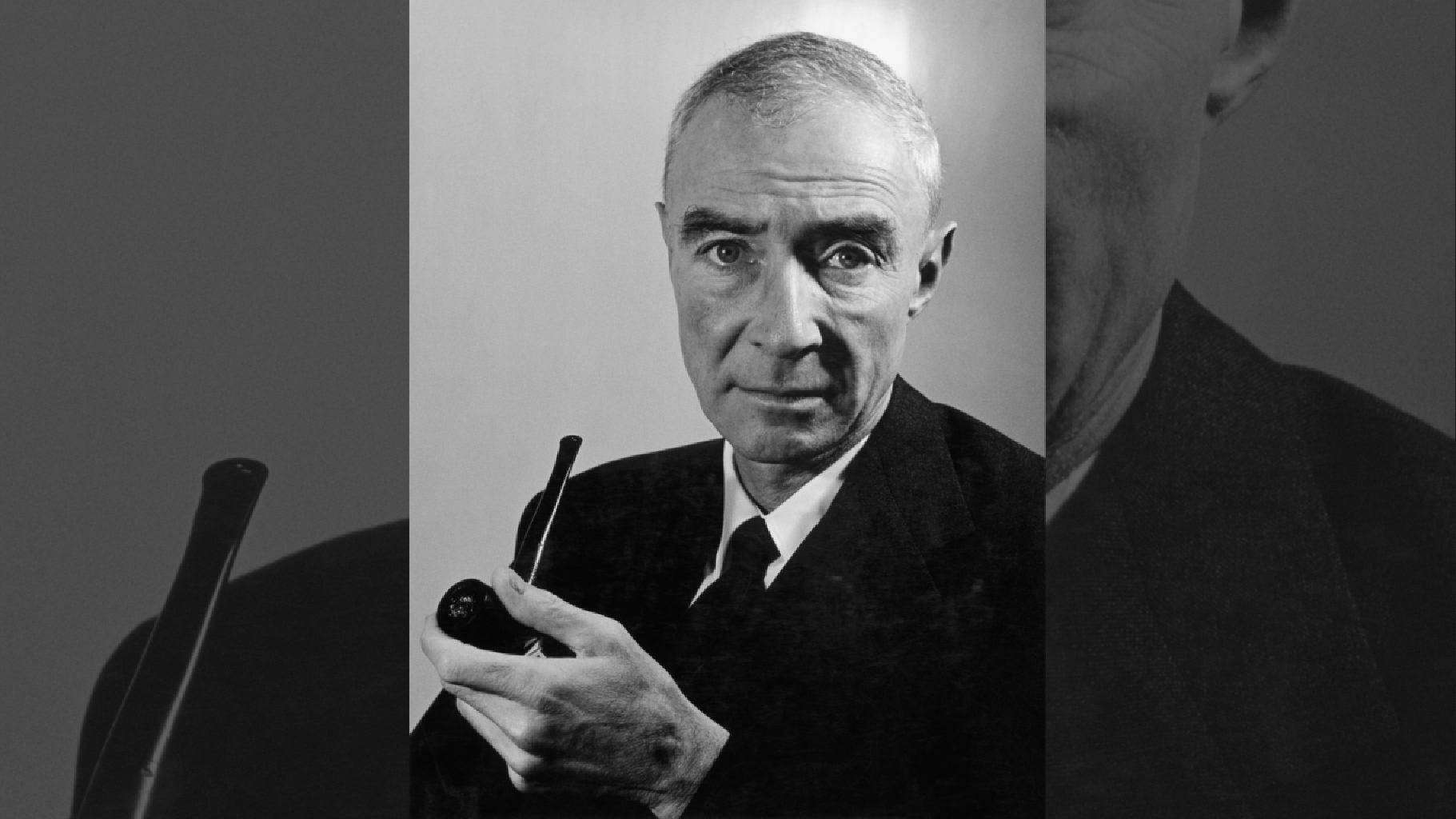
The Life and Work of J. Robert Oppenheimer: Lessons and Inspiration for Today's Scientists
By Adedayo Oyetoke, Published on: July 19th 2023 3 min, 537 word Views: 1240
The name J. Robert Oppenheimer echoes through the halls of history, not just as the "father of the atomic bomb," but as a beacon of scientific integrity, philosophical depth, and human complexity. Today, I delve into the life of this extraordinary physicist whose contributions and controversies continue to educate and inspire.
A Mind Beyond Measure
Born in 1904, Oppenheimer's intellectual curiosity knew no bounds. He was as passionate about Sanskrit literature as he was about quantum physics. His early years at Harvard University, where he studied chemistry, were just the beginning. His journey took him to Cambridge University and the University of Göttingen, where he absorbed both science and culture.
The Manhattan Project: A Double-Edged Sword
Oppenheimer's most notable achievement came during World War II with his leadership of the Manhattan Project. At the helm of the Los Alamos Laboratory, he brought together an eclectic group of scientists to develop the atomic bomb. This period was not just about scientific discovery; it was a profound lesson in leadership, collaboration, and the ethical weight of scientific innovation.
After the successful Trinity test, Oppenheimer's reflection on the Bhagavad Gita, "Now I am become Death, the destroyer of worlds," became emblematic of the moral dilemmas faced by scientists. It's a poignant reminder for today's researchers about the responsibility that comes with power.
Post-War Trials and Triumphs
The post-war era was tumultuous for Oppenheimer. His security clearance was revoked amidst the Red Scare, a period where his past associations were scrutinized. Yet, from this adversity, he emerged with resilience, continuing his contributions as the director of the Institute for Advanced Study at Princeton. Here, he fostered an environment where science could breathe freely, emphasizing education's role in scientific progress.
Philosopher, Leader, Educator
Oppenheimer was not just a scientist but a profound thinker whose interests in Eastern philosophy influenced his scientific outlook. This integration of philosophy and science is a lesson for us all; it teaches us to look beyond our experiments to the broader implications of our work.
His advocacy for peaceful uses of nuclear energy and his stand against nuclear proliferation highlight yet another role scientists can play—that of public advocates. His efforts are a blueprint for how scientists today can engage with societal issues beyond the lab.
A Legacy That Educates
Oppenheimer's life story is a rich tapestry of lessons:
- Interdisciplinary Learning: His education shows us the value of a broad knowledge base.
- Ethical Science: His reflections post-Manhattan Project are a call to consider the moral implications of our work.
- Leadership and Resilience: His experiences teach us how to navigate through science's ethical and political landscapes.
- Education and Advocacy: His later years remind us of the importance of mentoring and influencing policy.
Conclusion: A Testament to Human Complexity
J. Robert Oppenheimer's legacy is not just in the atoms split but in the minds he shaped and the ethical questions he posed. As we continue to push the boundaries of science, let's do so with the wisdom, curiosity, and ethical consciousness that defined Oppenheimer's life.
Let his story be a guide for all of us in the scientific community—to not only seek knowledge but to wield it with care, compassion, and an eye toward the future of our shared humanity.
